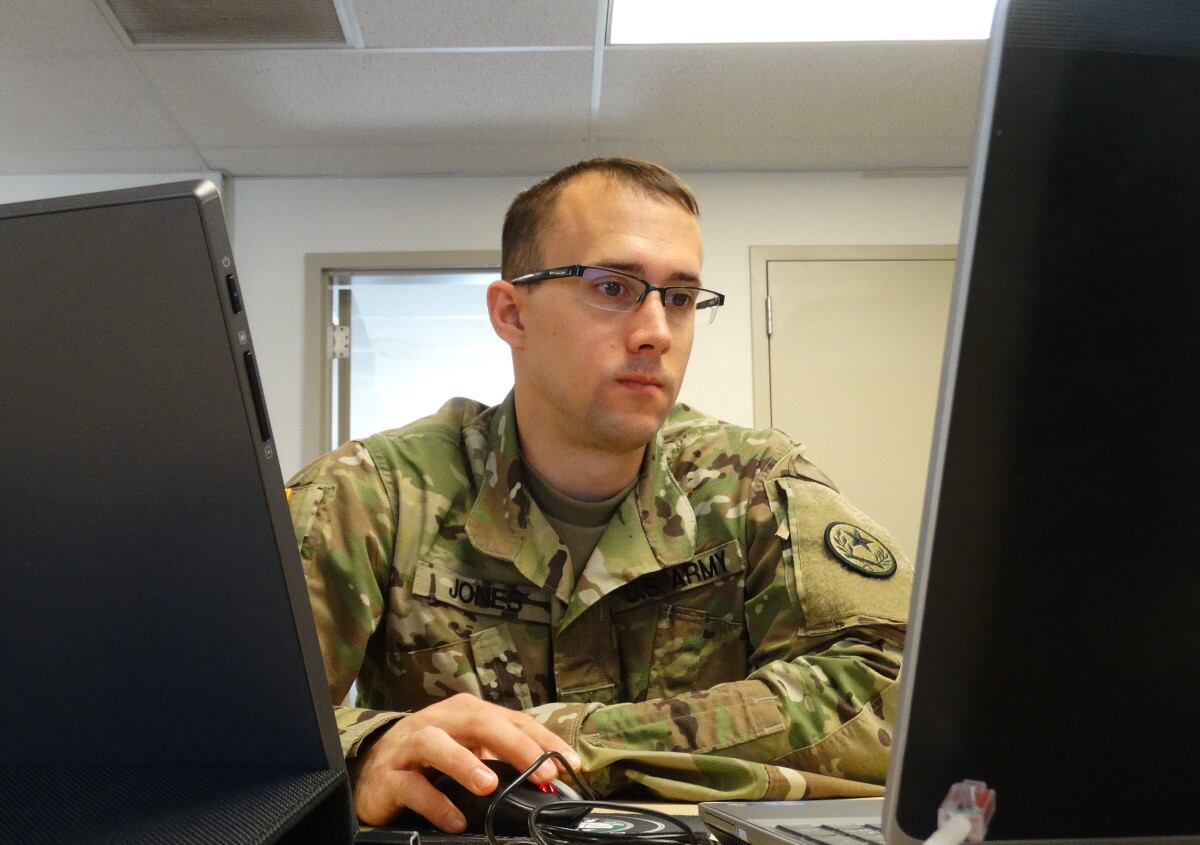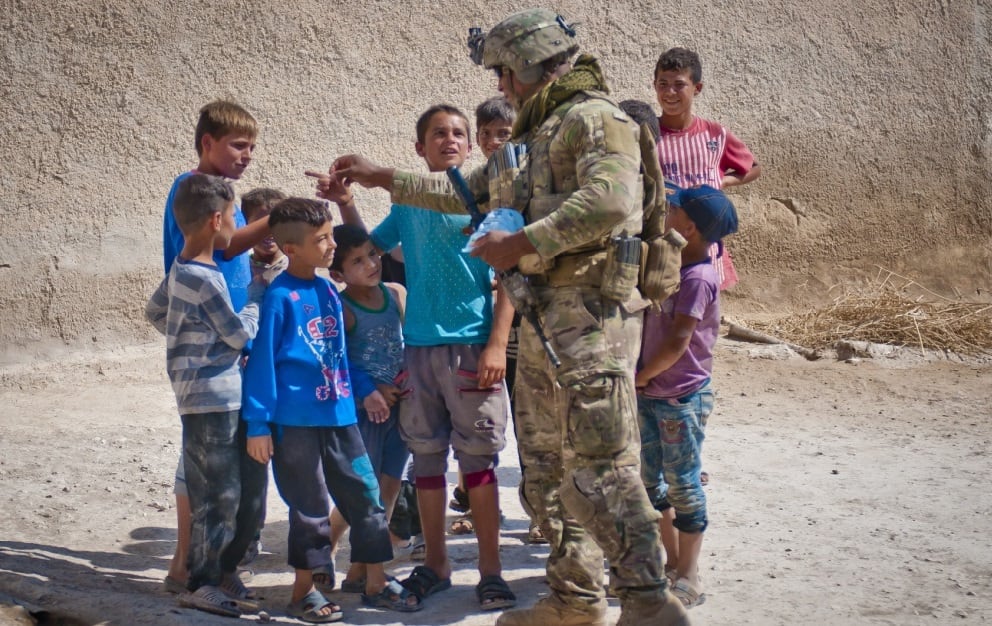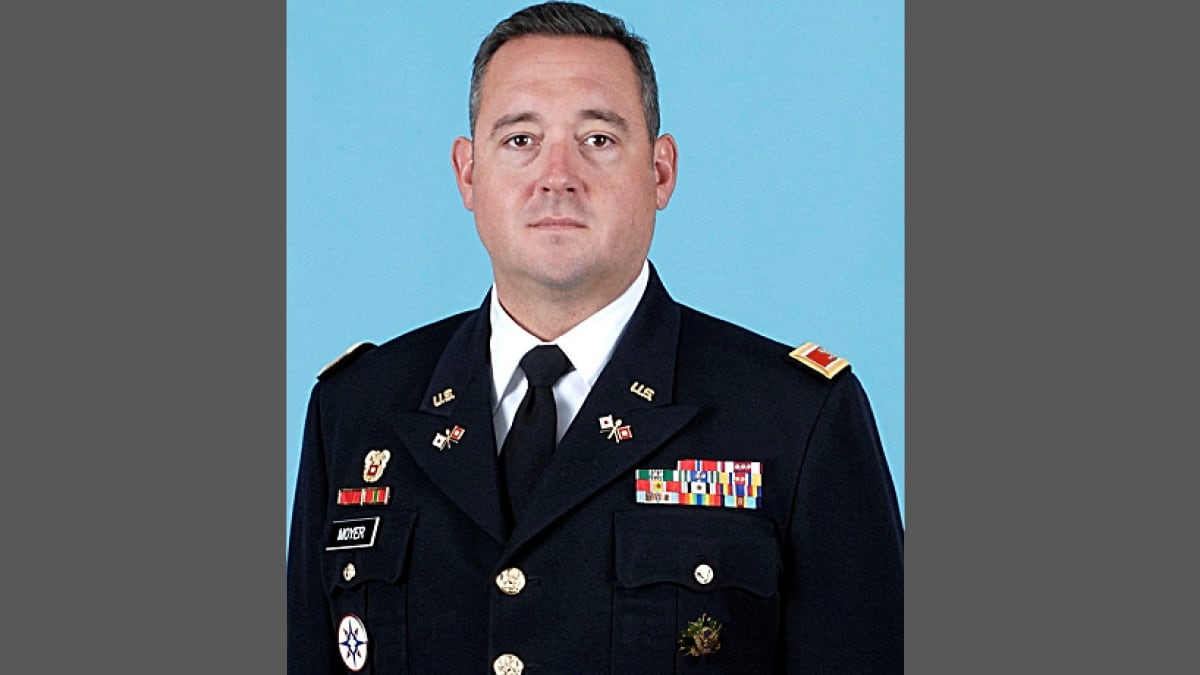The dynamic career field of information operations (known as IO) is growing increasingly complex in the digital age.
IO remains a mission-essential field that depends on personnel who specialize in synchronizing and coordinating with elements whose actions shape the information environment. That is why our military is looking for troops ready to take on these multifaceted challenges.
This complex yet exciting and rewarding field has various nuances.
IO is sometimes confused with cyber or influencing capabilities. However, IO involves many informational related capabilities in a complex campaign.
IO professionals do coordinate cyber operations (e.g. denial of service attacks) and influencing activities (e.g. leaflets) in a campaign to make it a success. But these capabilities are one of many at their disposal. They are used to ensure information dominance in conjunction with other capabilities to ensure the commander’s intent is met.
Military IO professionals are needed to be the commander’s additional eyes and ears to help ensure that his or her intent is met on a dynamic battlefield.
Imagine a situation where a commander is charged with overseeing a crisis involving displaced persons. The psychological operations elements are handing out pamphlets that are telling people to return home because it is safe. Meanwhile, the civil affairs elements are building permanent housing and wells for these displaced persons, and the public affairs office is tweeting about the challenges faced back at their place of departure.
This disjointed message can create a lot of confusion, which can contribute to mission failure. As access and placement is ensured, an IO professionals would de-conflict with these elements to ensure a clear, succinct message: return home or stay in place.
That is why IO professionals are needed to help ensure our success. With the advent of the digital age, the information related to the war effort can have far-reaching global implications.

Local tragedies are amplified by social media, which can threaten mission success and also adversely change government policy. Shaping the information environment is a sizable challenge for our brave service members. Mistakes by our brave service members can be huge propaganda victories for our enemies.
IO professionals coordinate with other military elements (and non-military elements like the State Department, the Red Cross or USAID) to respond to these challenges, shape the information environment to maintain or achieve information supremacy over the area of operations.
IO professionals are needed to ensure that we can accomplish our mission. The information environment will only become more complex with each passing year, and it takes well trained IO professionals who can take on an increasingly pronounced role in the strategic, operational and tactical levels of war.
RELATED

Becoming an IO professional offers unique opportunities off the battlefield as well. Any individual experienced in the IO domain will be competitive in a growing informational environment that appears to have no limits. This type of social media experience would make anyone uniquely positioned to compete for fulfilling and lucrative opportunities in the private sector.
The multi-domain battlefield will be exponentially challenging in the coming years, and that is why more IO professionals will be needed.
We are always looking for more troops with a passion for IO that can help leverage these critical information related capabilities, and if you believe you have what it takes, please contact your branch manager and ask him about the IO career path.
Until that time, we will be on guard, ensuring our fellow service members have the capacities needed to dominate the information landscape.

Col. Jonathan Moyer is the commander of the 151st Theater Information Operations Group located in Fort Totten, Queens New York.





